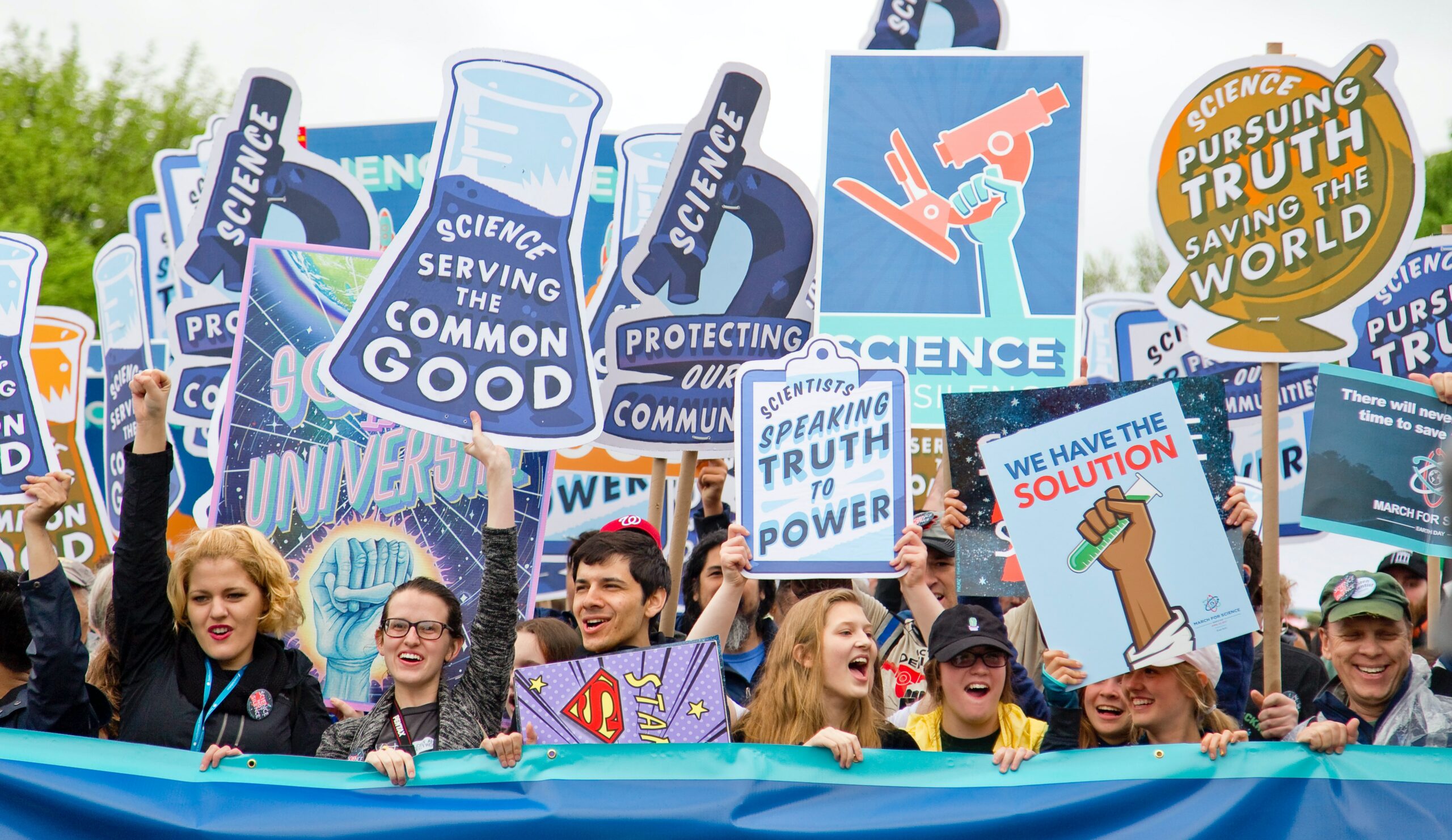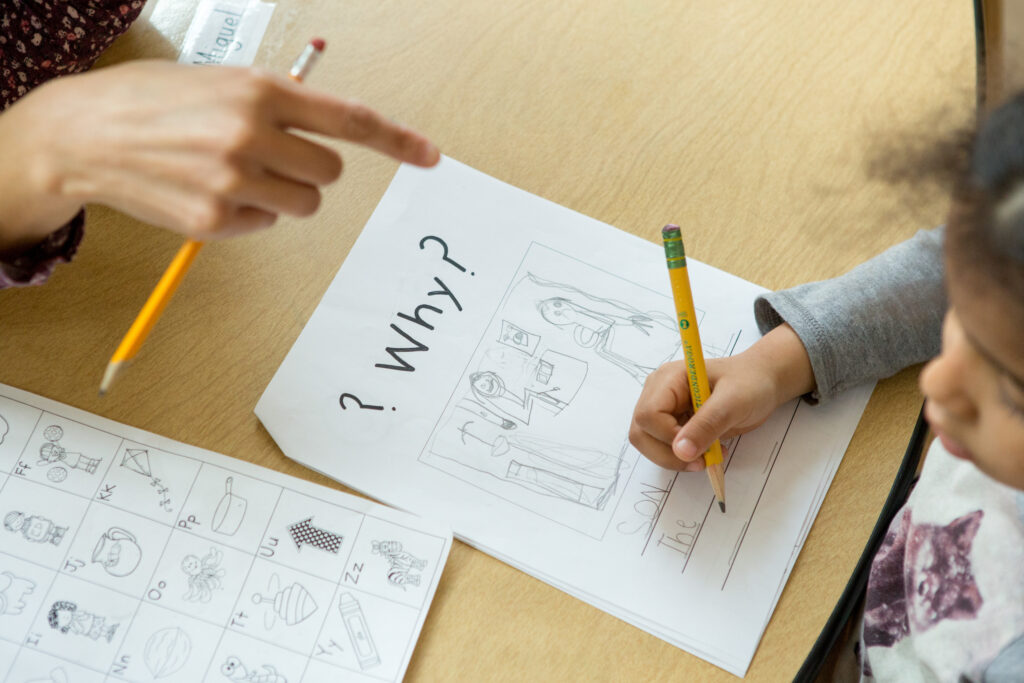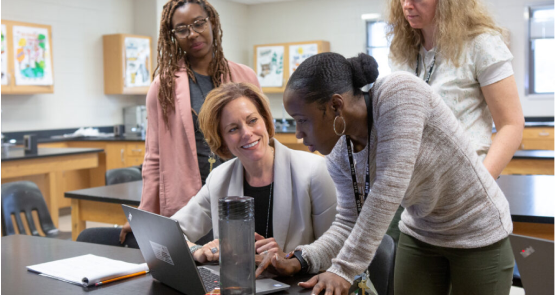For generations, science was one of the few things most people agreed on. No matter their education, political beliefs, or religion, most people trusted scientists, the scientific process, and the results of scientific inquiry.
Today, the public’s trust in science is eroding, particularly among young people. A recent survey of 13- to 24-year-olds found that 40 percent of them weren’t sure if science helps the world more than it harms it – that’s about 14 percentage points higher than a similar survey of adults found in 2019. In France, trust in science among young people has fallen by 22 points since 1972.
This skepticism, doubt, or outright disbelief in science (and scientists) may be one reason why conspiracy beliefs have become all too common among the public and our civic and business leaders. And it’s led researchers, philosophers, and others to question how society can reel these people back in.
As Lee McIntyre of Boston University’s Center for Philosophy and History of Science put it: How do you talk to a science denier?




